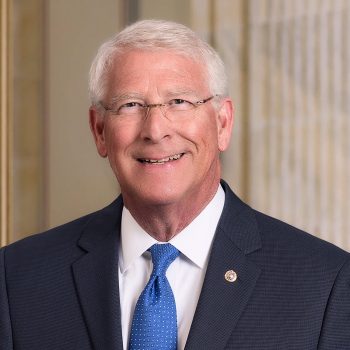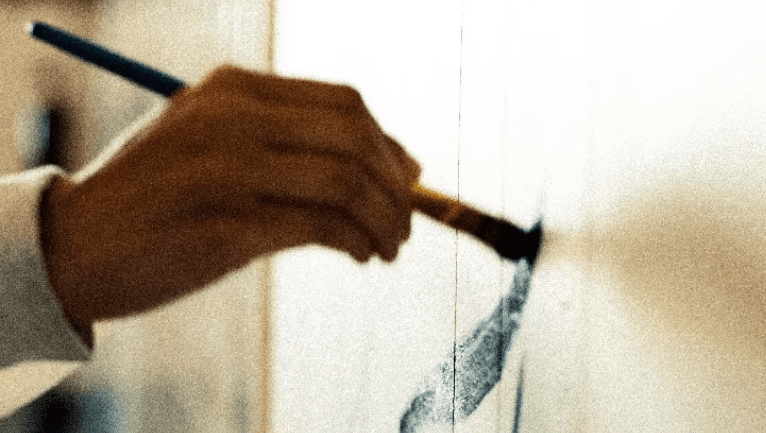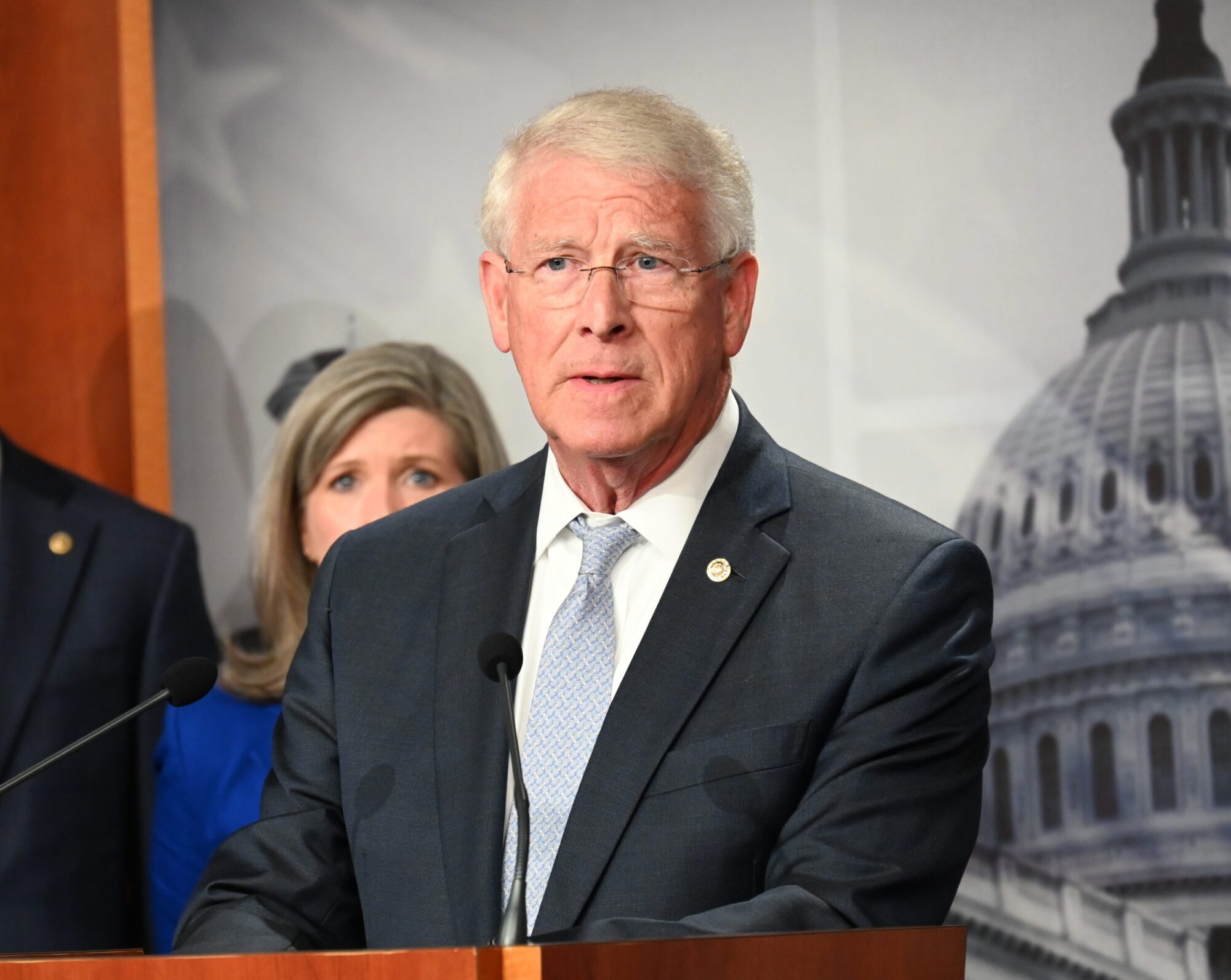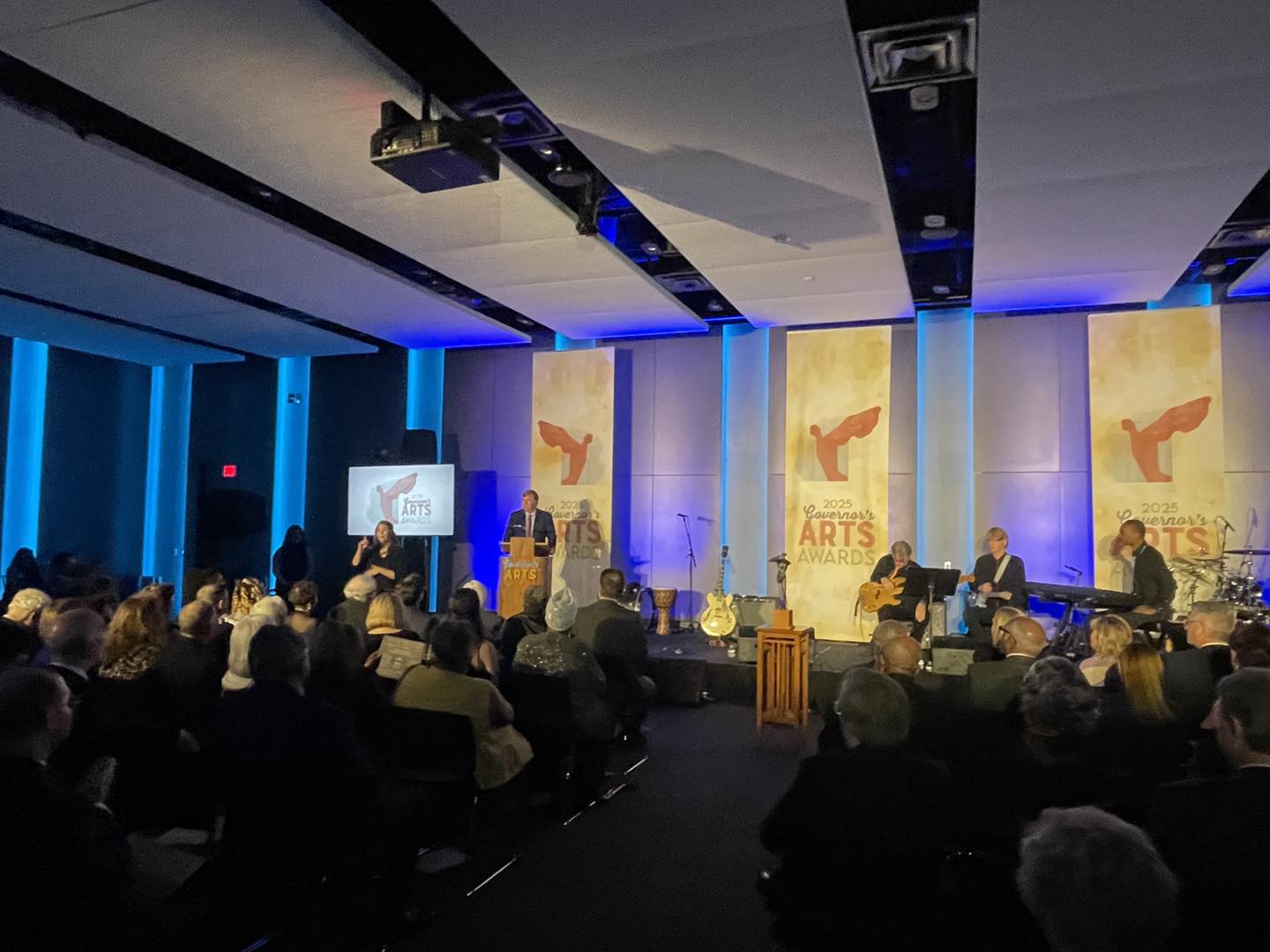
Submitted by Senator Roger Wicker
“We owe them a debt that can never be repaid, and we must never forget their families,” Wicker writes.
John Melton was 22 years old in October of 1940 when he found himself stationed in Hawaii. Raised on a farm near Liberty, Mississippi, the youngest of three children, John had decided to serve his country by enlisting in the U.S. Navy. Shortly after completing boot camp, he arrived at Pearl Harbor aboard the USS West Virginia. It was on that battleship that he would lose his life in the Japanese attack that pulled our nation into World War II.
For nearly 80 years, John Melton’s body could not be identified. He was laid to rest at a national memorial cemetery in Hawaii, with a granite headstone marked “Unknown.” Yet thanks to a recent military initiative, John’s remains have now been identified for the first time. Using DNA and dental analysis, scientists have been working to identify the remains of 35 Sailors from the USS West Virginia, bringing a degree of closure for the families. John Melton’s remains will soon be returned home to Mississippi for a final burial this summer.
Although John Melton did not live to see it, the attack on Pearl Harbor rallied millions of his own generation to serve our country in uniform. Tragically, many of them never came home. Between 1941 and 1945, our nation lost more than 400,000 servicemen. Remarkably, John’s battleship – the USS West Virginia – would be salvaged, rebuilt, and returned to service by 1944. A new crew would help liberate the Philippines and would eventually reach Tokyo Bay in 1945 for the formal surrender of Japan. As we honor our fallen heroes this Memorial Day, we should remember John Melton, a son of Mississippi, and his crewmates who did not live to see the day of victory and renewed peace.
Freedom Is Not Free
Those who died in World War II stand in a long line of Americans who have made the ultimate sacrifice. Beginning with the War of Independence, American service members have risked life and limb on the battlefield to protect our country, reminding us that freedom is never free. Most recently, in the years since 9/11, thousands of Americans have given their lives to protect us from terrorism. As a member of Congress, I have attended the funerals of fallen Mississippians. We owe them a debt that can never be repaid, and we must never forget their families.
Supporting Gold Star Families
Our nation first began recognizing Gold Star families during World War I, when we lost 116,000 young Americans in Europe. The families of fallen soldiers would often display a gold star service flag in the windows of their homes. In 1936, President Roosevelt signed a law establishing Gold Star Mother’s Day to honor mothers who had lost a son in combat. And in 2010, the Senate set aside April 5 to recognize Gold Star spouses. However, until recently there was no formal recognition for Gold Star children.
Last year, I proposed a resolution to designate August 1 as Gold Star Children’s Day. This resolution honors the unique sacrifices borne by the children of fallen service members and encourages all of us to support them however we can. The measure passed the Senate unanimously, giving Gold Star children the recognition they deserve. As we remember our fallen heroes this Memorial Day, it is fitting that we should renew our commitment to caring for their loved ones left behind.
# # #
Submitted by Senator Roger Wicker.











